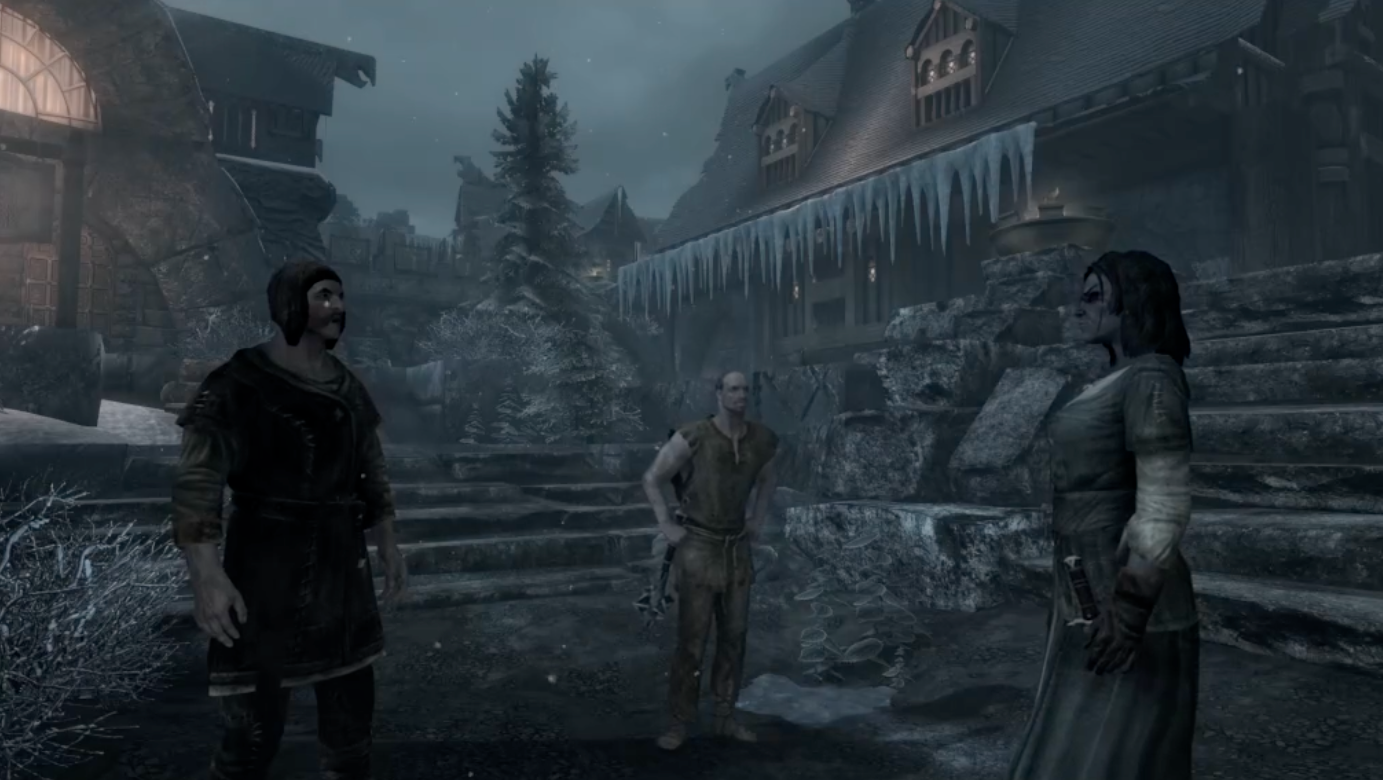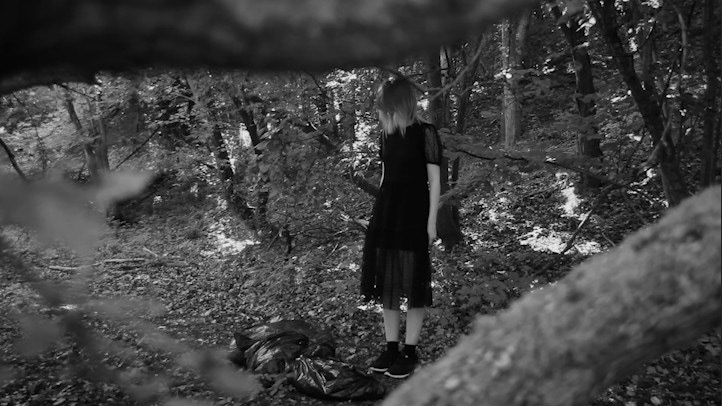Writing Comedy into Historical Fiction
For my research project, I have chosen to research into writing, specifically writing historical comedy based in the UK. Historical fiction serves as a gateway to the past, offering the audience the opportunity to explore eras and immerse themselves in the lives of people from historical times. While the genre often tackles weighty subjects such as wars, political intrigue, and social struggles, humour emerges as a powerful tool, enriching the audience’s experience in numerous ways. I will explore the role of humour in historical fiction, examining its ability to facilitate learning, enhance characterisation, forge emotional connections, and ultimately, elevate the experience. So how and why is humour used in historical fiction?
Humour in historical fiction can provide an educational value whilst still being entertaining. Unlike traditional educational mediums, which may feel dry or outdated, humour provides a sense of liveliness and accessibility into historical narratives, making learning enjoyable and memorable. By presenting historical information in a humorous context, authors and creators are able to break down daunting subjects into smaller chunks, making them easier to understand and retain. Whether it's through witty dialogue, comedic anecdotes, or humorous reenactments, humour provides a relatable entry point for audiences to engage with historical content, sparking curiosity and fostering a genuine interest in learning.
A prime example of this is evident in the CBBC series "Horrible Histories." "Horrible Histories" masterfully blends educational content with entertainment through its innovative use of musical parodies and comedic sketches. Its appeal spans across age demographics, catering to both younger audiences and adults alike. By seamlessly integrating factual accuracy with comedic delivery, the show ensures that viewers are not only entertained but also educated. This allows audiences to glean historical insights while enjoying the humorous portrayal of historical events and figures.
Adding humour into historical fiction can also keep audiences engaged by positioning the audience behind characters. Typically, if a character is comedic, the audience are more likely to like this character and be positioned behind them. Humour keeps the audience in active spectatorship, as they need to hear or look for punchlines or gags in order to understand. This engagement is crucial for maintaining audience interest throughout the narrative. Characters with comedic traits often serve as audience favourites, drawing viewers into their stories and fostering a sense of connection and empathy. When audiences are emotionally invested in the characters, they are more likely to remain engaged with the storyline and develop a deeper interest in the historical events being depicted.
BBC’s “Ghosts” provides an example of this. Through humorous dialogue, absurd situations, and eccentric characters, "Ghosts" combines historical elements with contemporary comedy to create a unique and entertaining viewing experience. The comedic nature of "Ghosts" serves to draw viewers in and keep them invested in the characters and their stories. Each ghost brings their own quirks and comedic traits to the table, making them endearing and memorable to audiences. By juxtaposing historical figures with modern quirks, humour and habits, the show offers a fresh perspective on history while also providing plenty of laughs along the way. In this way, "Ghosts" demonstrates how humour can be effectively utilised to maintain audience engagement in historical fiction. This helps the series keep viewers hooked and eager to see what hilarious situations the characters will get themselves into next.
Humour in historical fiction serves as a catalyst for establishing deeper emotional connections between audiences and characters. Humour is a universal language, whether it be physical or spoken humour, facilitating a connection between the audience and the character. In historical fiction, where the characters and settings may be hugely different from modern audiences' experiences, humour serves as a relatable entry point, inviting viewers to empathise with the characters' struggles and triumphs. By adding comedic elements into the narrative, the director creates moments of humour that resonate with viewers, adding a sense of fellowship and shared experience.
This is apparent in ITV’s “Plebs.” This comedic portrayal of ancient Rome intertwines historical facts with modern jokes, resulting in a narrative that not only entertains but also resonates on a profound emotional level. Despite the cultural differences between modern viewers and the characters in ancient Rome, the show manages to bridge this divide by portraying universal themes and struggles that transcend time periods. Whether it's the pursuit of love, the quest for social status, or the challenges of friendship, the characters in "Plebs" grapple with issues that resonate with viewers on a deeply personal level. By infusing these experiences with humour, the show not only entertains but also helps the audience relate with day-to-day experiences, no matter the time period. Through witty dialogue, comedic situations, and nuanced performances, the characters in "Plebs" are brought to life in a way that feels authentic and relatable. Viewers are given insight into the characters' hopes, fears, and motivations, allowing them to form genuine emotional connections with these fictional inhabitants of ancient Rome. Each character in "Plebs" is designed and created with a distinct personality that resonates with audiences and deepens their emotional investment in the narrative.
In conclusion, the exploration of humour in historical fiction, particularly with the examples of British comedy television such as "Horrible Histories," "Ghosts," and "Plebs," reveals its impact on enriching the audience's experience and forging emotional connections to characters. As someone who grew up with “Horrible Histories,” I would not have the passion for history that I retain now. Humour blends educational with entertaining content, creating historical narratives that are accessible and engaging to viewers of all ages. By presenting relatable experiences, adding depth to characterisations, and fostering empathy through laughter, humour creates a bond between audiences,and historical figures, ensuring that the lessons of history are not only learned but also felt on a deeply personal level. Humour truly belongs in historical fiction; it helps not only entertain audiences but educate, and without it, history would not be as interesting.
Links for reference:
Salmi, Hannu. (2011). Historical comedy on screen: Subverting history with humour. 1-209.









